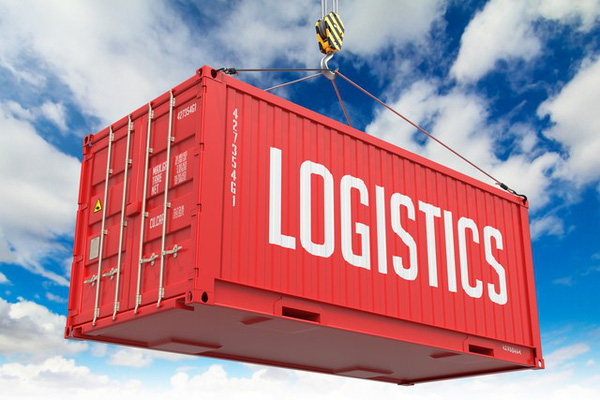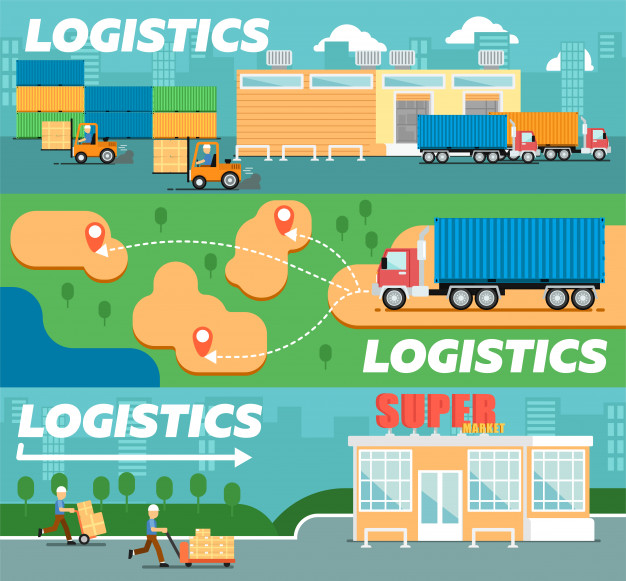Along with the strong development of the world economy towards globalization and regionalization, the role of logistics has become increasingly important in being a tool to link activities in the global value chain. (GVC-Global Value Chain) from supply, production, distribution and distribution to market expansion for economic activities. As the global market develops with technological advances, especially the opening of markets in developing and underdeveloped countries, logistics is considered by managers as a tool, a means to connect the fields. Different areas of enterprise strategy. Logistics creates the usefulness of time and place for business activities.
The world today is seen as an integrated economy, in which businesses expand national borders and the concept of national trade is second only to the activities of businesses, for example The triangle market consists of 3 regions: Japan, USA-Canada and EU. In this triangle market, companies become more important than the nation because their economic power has crossed national borders, and their nationality has become blurred.
For example, Toyota’s operations today, although the majority of Toyota’s shareholders are Japanese and Toyota’s most important market is the United States, the majority of Toyota vehicles sold in the United States are manufactured at US-owned factories. of Toyota. As such, Toyota’s nationality has been blurred, but for the US market, it is clear that Toyota is a manufacturer of high quality cars and trucks.

Logistics plays an important role in optimizing the flow of production and business from input materials, accessories … to the final product to the customer to use. From the 70s of the twentieth century, consecutive energy crises forced businesses to pay attention to costs, especially transportation costs. In many periods, high interest rates made businesses more aware of capital, because capital is deposited due to maintaining too much inventory.
It is during this period that the way to optimize the process of production, storage and transportation of goods is put on top. And with the help of information technology, logistics is a powerful tool to do this. Logistics assists managers in making accurate decisions in production and business activities: In the course of production and business, managers must solve many difficult problems about the supply of raw materials, quantity and time. Effective to replenish the source of raw materials, vehicles and transportation itinerary, location, when dumping finished products, semi-finished products … To effectively address these issues, the role of logistics is indispensable. logistics allows managers to control and make accurate decisions on the above issues to minimize costs incurred to ensure efficiency in production and business activities.


